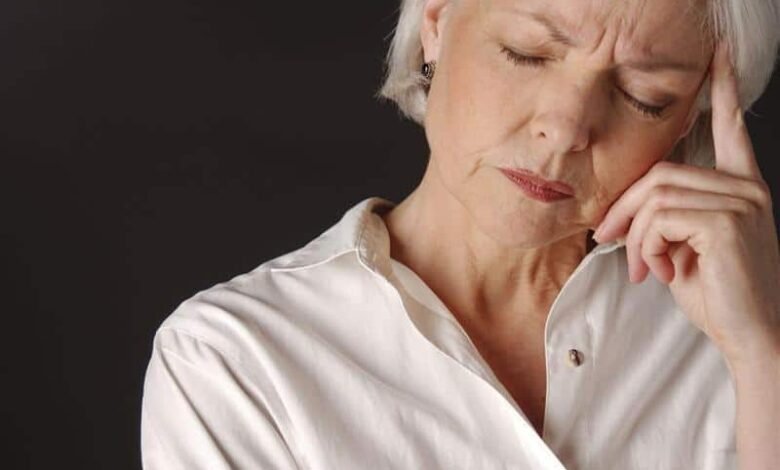Why Avoid Coffee in Menopause?

Menopausal women who suffer from hot flashes can make their condition even worse if they drink coffee or other caffeinated beverages. The Mayo Clinic for Women’s Health in Rochester, Minnesota, recently conducted the most comprehensive study on the relationship between caffeine and menopausal symptoms.
A total of 2507 women were studied. Findings from previous studies have yielded conflicting conclusions about the effect of caffeine on menopausal symptoms. Now the head of the study, Dr Stephanie Fubion, claims that limiting coffee is recommended for women suffering from hot flashes and night sweats.
Scientists prove that caffeine increases the unpleasant effects of menopause and makes it even more difficult for women to cope with them. Avoiding coffee, tea and energy drinks may require self-discipline, but your effort and persistence will be rewarded.
Caffeine Linked to Major Menopausal Symptoms
Caffeine consumption has been scientifically proven to increase the frequency and severity of hot flashes. Coffee also has a negative impact on symptoms such as fatigue because it causes energy levels to rise for a moment and increases alertness, but will then cause energy levels to plummet. Thus, it negatively affects health and mental state. Caffeine also significantly affects sleep.
Caffeine can cause stress
Caffeine consumption stimulates the production of cortisol, the stress hormone. When this happens, the body prepares to fight against the impending danger and a panic reaction occurs. Thus, the artificial increase in stress hormones has a negative effect on women’s health. Also, when there is too much cortisol in the body, it starts to negatively affect estrogen and progesterone levels. This results in hormonal imbalance in the body.
Coffee limits the natural balance of hormones
Caffeine has negative effects on female sex hormones and this can lead to health problems in the future. For example, caffeine increases the level of homocysteine in the body, which, in turn, increases the risk of developing osteoporosis, considered a symptom of menopause.
Mineral absorption is prevented
Caffeine consumption has a direct impact on minerals essential to women’s health. This will reduce the amount of calcium and magnesium absorbed by the kidneys, leading to poorer absorption and overall mineral deficiency.
Caffeine reduces bone density
High caffeine intake can cause decrease in bone densityt. Therefore, menopausal women should avoid drinking coffee to protect themselves from osteoporosis.
Menopause is an individual process that occurs between the ages of 40 and 60. The reason is the reduced function of the ovaries and the drop in the production of female sex hormones.
Among the most unpleasant symptoms are anxiety, hot flashes, insomnia and sweating, but in some cases it can lead to osteoporosis, increased cholesterol levels, cardiovascular diseases, drying of the skin and mucous membranes.
About 60,000 Bulgarian women enter menopause every year
In Bulgaria, every year about 60,000 women enter menopause. In 4,000, the climax occurs prematurely after surgical interventions.
It is good for menopausal women to follow a specific diet rich in whole grain soy foods such as tofu, tempeh, shelled soybeans. These foods contain plant estrogens. Women can take angelica herb, vitamin E and evening primrose oil as a supplement.



